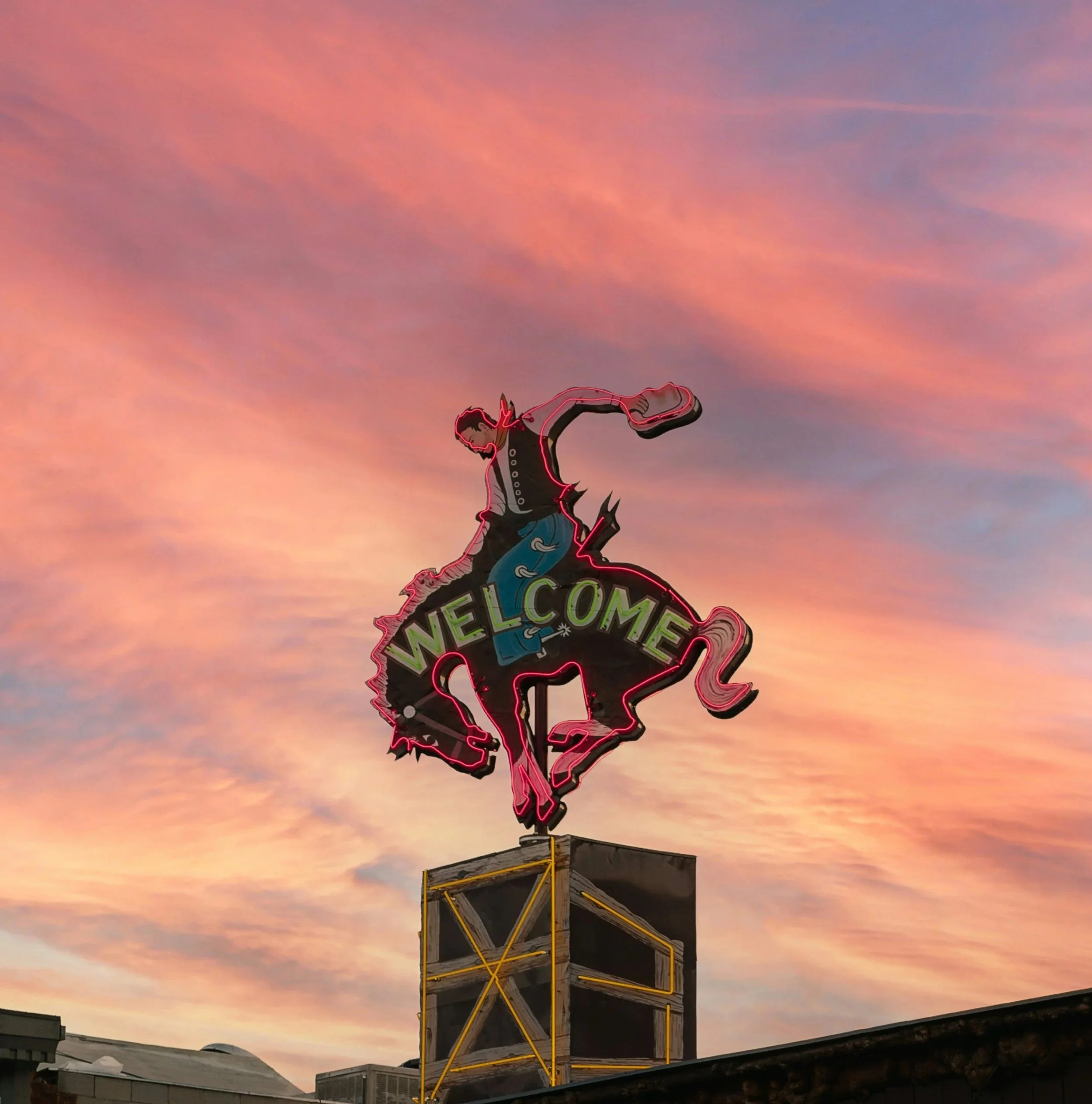To the Boy with the Accordion

You are seven years old, playing accordion in a night alley that has no business being this orange. You sit against the stucco wall, beneath piñatas shaped like stars and stars shaped like dogs, around the corner from the bar, La Nueva Babel, beneath graffiti that urges the viewer to fuck Ruth hard (in Spanish).
I don’t tell you that Ruth is my grandmother’s name. I don’t tell you that my wife is asleep in a motel named for the swallows who shit there, that she is still taking the pain pills, and that we are still going to try again to have a baby. You can’t see—because your eyes are closed, and you’re singing—that I have what looks like blood on my hands; and you don’t know that the motel has no A/C, and no hot plate, and the blood on my hands is just chioggia beet, and not blood.
*
The roasted beet salesman parks his cart at the base of Las Escaleras, nearly hiding in the dark against the trunk of a massive palm, embarrassed almost, to be selling beets over something friendlier like ice cream. To find him, I had to take a wrong turn, hop the median of the expressway leading out of this city, duck under the tree canopy shading crumbling homes, painted irregularly in the brightest of purples, yellows, blues. To find you tonight, I had to first find a narrow broken stone street, the piss alley behind the iglesia, then reemerge into a small covered market to buy a doll-size burlap sack of local coffee, a thin yellow scarf and pecan brittle.
And then you: This is nothing like the church group accordion that the upper-middle-class men played (in lederhosen) when I was a child at Strawberry Fest in Long Grove, Illinois, when polka was still as exotic as whiskey. I am walking alone through the city, and I have to take a picture of you and your accordion—which is you-sized—and the red cup that has only one peso in it, and the kids up the street destroying another star-piñata and eating its sweet organs, the simple pleasures of balloon and lightsticks occupying the children in the Zócalo before they take their shifts behind tarps, bearing clay burros, and yellow scarves, and wool carpets for sale to the tourists.
Your tiny voice perches as if on some water lily, driven by some failing engine—a horsefly with too-wet wings, food for some larger animal with a poisonous tongue. The asthmatic accordion is also failing, played-out—dirty and ugly and struggling and beautiful.
It’s all I can do to say, “¿Foto?” and I feel immediately blasphemous for doing so. You should know this: my wife is asleep and she cried before sleeping. Something to do with the bald pregnant woman selling green maracas. You don’t stop playing, but nod, and I imagine this street not too long ago, how it saw the local teachers’ strike lead to violent protests, riots, cars set aflame, rocks hurled, barking guns, military intervention. I wonder where you played then. Now, only the firing of my camera, and the picture of you cast in yellow, beeswaxed, that you don’t ask to see. I’m glad it’s blurry.
*
In town, the bustle has become a chug. The pushcarts of ice cream and mezcal and flan in plastic cups return home, their bells feebly ringing. At the cathedral-tops, bells more obese announce the crooked arrival of something holy: music or midnight.
Soon, you are gone, but something of you endures—something beyond music and the instrument that acts as intermediary, beyond buttons and bellows and small fingers that can only press. In your accordion is all music—the stuff my wife snores, the shitty Laura Branigan cassettes my mom kept in her car when she was healthy enough to drive, when Branigan was alive and sexy and rife with the lovely strength required to belt-out crappy songs.
I head for the hotel, something of clove and orange peel and ejecta in the air. Somewhere outside the city lies Santa María del Tule, the church grounds there and the Montezuma Cypress whose trunk has the greatest circumference of any tree in the world. I feel like it should be telling me something about you, about family-making, about moral law and a kind of grace with uncountable rings.
ABOUT THE AUTHOR
Matthew Gavin Frank is the author of several books of nonfiction and poetry. He teaches at Northern Michigan University, where he is the Nonfiction/Hybrids Editor of Passages North. He will persevere through this winter via the occasional one-handed cartwheel in his mind. Follow him on Twitter @matthewgfrank and read more about his work at matthewgfrank.com.
Header photo by Tomas Tuma.










